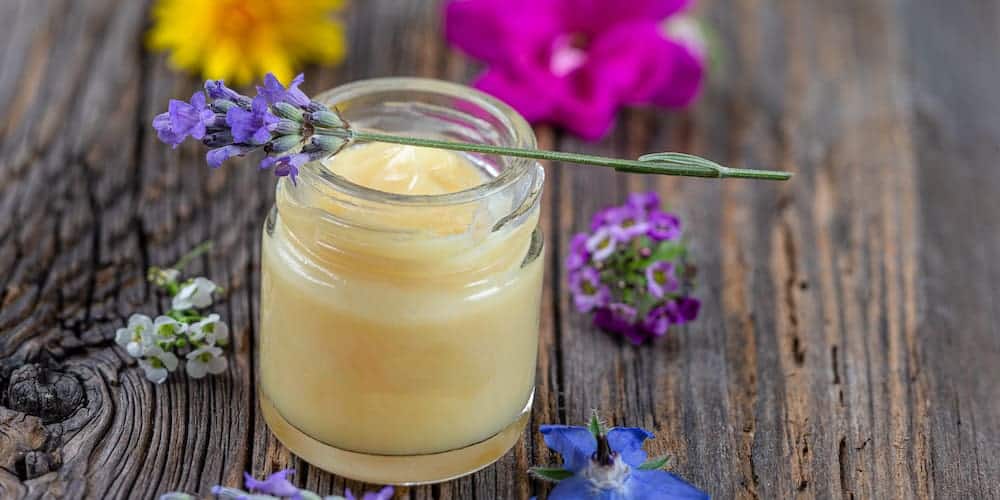A bee product as a dietary supplement
Royal jelly is a bee product with a milky white appearance produced by worker bees. Originally, it is the exclusive food of the queen throughout her life.
Its nutrients provide her with an exceptional longevity compared to other bees, as well as better fertility.
The nutrients contained in royal jelly have made it a widespread dietary supplement. It notably contains proteins, lipids including 10-HDA acid, and many B-group vitamins.
Read also | A pharmacist’s advice on choosing your royal jelly
These supplements, used as a cure, are reputed to help with:
- fighting fatigue and stress,
- combating the effects of aging,
- relieving symptoms related to menopause or painful menstruation.
- positively impacting the immune and cardiovascular systems.
However, in 2012, European authorities banned many health claims due to a lack of scientific evidence.
Royal jelly can be consumed fresh, or in the form of capsules, tablets, or ampoules.
However, don’t expect to enjoy royal jelly like honey! While the latter is delicious, royal jelly doesn’t have the same taste qualities.

What are its side effects?
External use
While certain benefits are recognized, royal jelly is not without side effects, although they remain rare!
In topical use, royal jelly could cause or increase skin inflammations (dermatitis).
Internal use
Similarly, a study reported that royal jelly could lower blood pressure and increase the risk of hypotension, especially if taking medication for hypertension.
However, the study was conducted on rats, so the reliability of the conclusion can be questioned.
Precautions for use
Even though the risks of overdose seem unlikely, follow the manufacturer’s recommended dosages and the advised duration of the cure.
Prefer taking it on an empty stomach, in the morning before breakfast, and keep your supplement in a dry and cool place (2-5 °C), avoiding exposure to sunlight.
In any case, don’t rush to your jar of jelly or ampoules right away. Start with small doses to see if you show signs of allergy.
Do you have eczema, a runny nose, itchy eyes, and itching? Stop the cure immediately. Only resume if you are certain that royal jelly is not the main culprit.

Royal jelly and its contraindications
Allergy to honey or pollen
Consumption of royal jelly is contraindicated if you are affected by a honey allergy, pollen, as well as bee stings and plants in the Asteraceae family, such as daisies or dandelions.
It is also not recommended to take royal jelly if you suffer from asthma or atopic eczema.
Pregnant or breastfeeding women
Nothing indicates it is contraindicated for pregnant and breastfeeding women to consume royal jelly.
However, few scientific studies have been conducted on this population. For this reason, pregnant women should exercise caution when using this dietary supplement.
Link between royal jelly and cancer
According to several studies, royal jelly may help reduce the side effects associated with chemotherapy.
Thanks to the properties of the 10-HDA acid it contains, it is sometimes recommended by naturopaths for those suffering from certain cancers, as well as for prevention.
Nevertheless, it raises controversy concerning hormone-dependent cancers. Indeed, 10-HDA acid has an estrogenic action, which could potentially interfere in such cancers.
While it is not officially contraindicated, it is advised against consuming royal jelly in cases of breast, uterine, prostate, ovarian, or any other hormone-dependent cancer.



